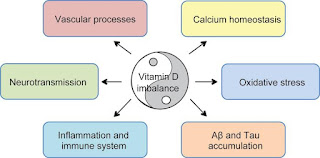Time Is Brain: The Stroke Theory of Relativity
Background
Since the introduction of the philosophical tenet “Time is Brain!,” multiple lines of research have demonstrated that other factors contribute to the degree of ischemic injury at any one point in time, and it is now clear that the therapeutic window of acute ischemic stroke is more protracted than it was first suspected. To define a more realistic relationship between time and the ischemic process, we used computational modeling to assess how these 2 variables are affected by collateral circulatory competence.
Methods
Starting from the premise that the expression “Time = Brain” is mathematically false, we reviewed the existing literature on the attributes of cerebral ischemia over time, with particular attention to relevant clinical parameters, and the effect of different variables, particularly collateral circulation, on the time–ischemia relationship. We used this information to construct a theoretical computational model and applied it to categorically different yet abnormal cerebral perfusion scenarios, allowing comparison of their behavior both overall (i.e., final infarct volume) and in real-time (i.e., instantaneous infarct growth rate).
Results
Optimal collateral circulatory competence was predictably associated with slower infarct growth rates and prolongation of therapeutic window. Modeling of identifiable specific types of perfusion maps allows forecasting of the fate of the ischemic process over time.
Conclusions
Distinct cerebral perfusion map patterns can be readily identified in patients with acute ischemic stroke. These patterns have inherently different behaviors relative to the time–ischemia construct, allowing the possibility of improving parsing and treatment allocation. It is clearly evident that the effect of time on the ischemic process is relative.




Comments
Post a Comment